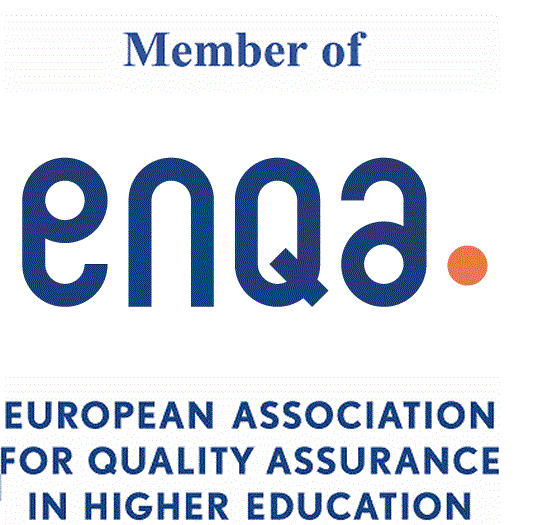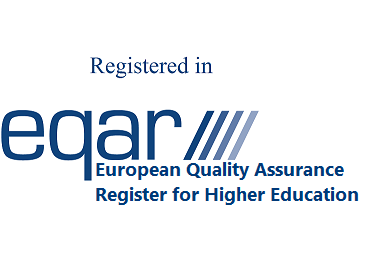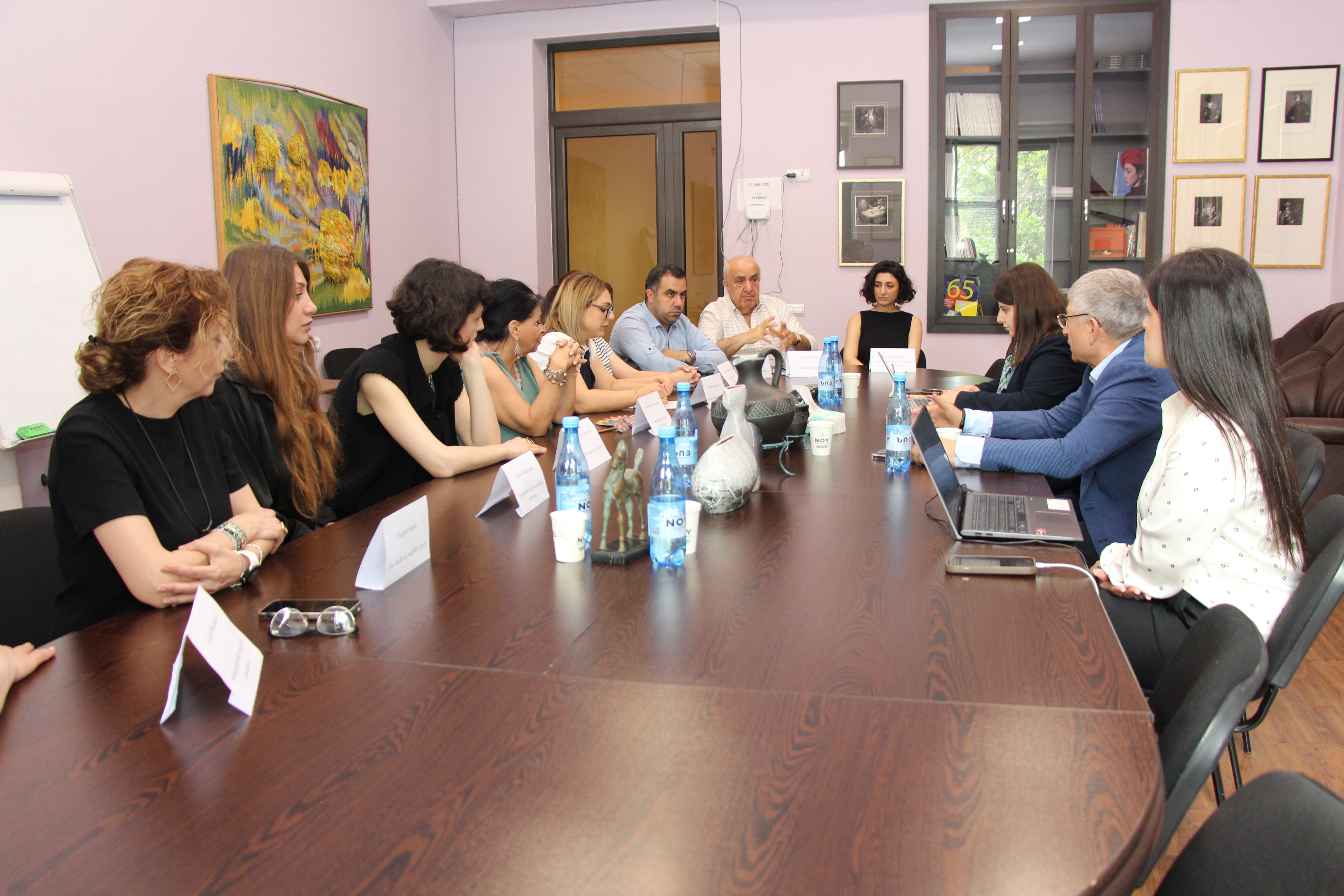On May 30, ANQA’s specialists conducted a monitoring of the internal quality assurance system at the State Academy of Fine Arts of Armenia. The aim was to observe the current state of the internal education quality assurance, the impact of accreditation on the quality assurance system, as well as track the implementation of the follow-up plan.
As part of the monitoring, meetings were held with the education institution’s management staff, heads of chairs, teachers and students.
The following topics were addressed:
Strategic planning and data-driven management
The education institution’s strategic priorities, risk management planning, the effectiveness of data collection mechanisms and the reliability of the data-informed decisions were under discussion.
An emphasis was also placed on the KPIs and the qualitative indicators used to measure them.
Steps towards internationalisation
Steps to strengthen international cooperation were highlighted. The discussions covered foreign language proficiency among teachers and students, programmes to increase proficiency level, as well as participation in international exchange programmes and competitions. The importance of engaging with professional literature in a foreign language was also emphasised.
Enhancement of academic programmes
The observations focused on the outcomes of the modular system implementation, current challenges and activities for academic programme enhancement. The discussions highlighted the potential for flexible teaching and targeted integration of inter-modular components.
Student-centered learning and research development
The discussions involved the use of formative assessment, development of clear assessment criteria and ensurance of feedback mechanisms.
Practices in designing assignments to develop students' analytical, creative and critical thinking skills were presented.
The link between teaching and research, along with possible ways to promote research activities were observed.
Quality assurance
The observations included the quality assurance processes, planning of annual activities and sectoral priorities that guide data collection to support informed decision-making.
At the end of the monitoring, during the meeting with the management staff, the education institution’s achievements and enhancement opportunities were discussed. An emphasis was placed on the use of digital tools in the teaching process, the promotion of teachers’ research activities and the growing importance of planning in academic programme development.



